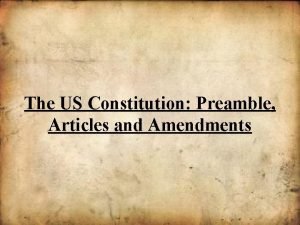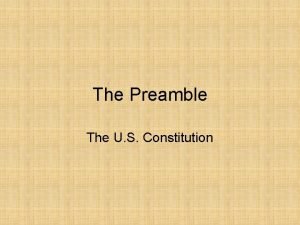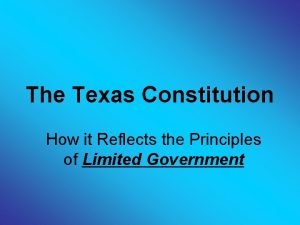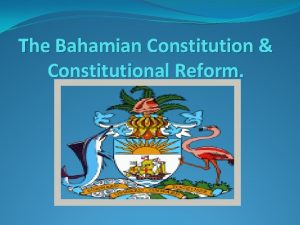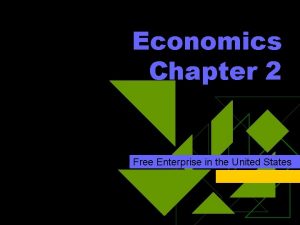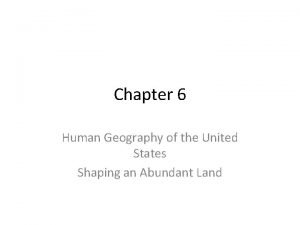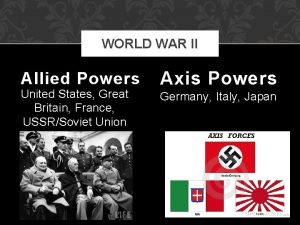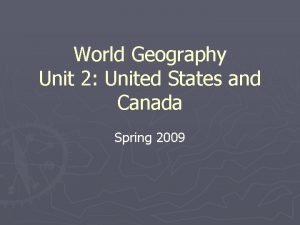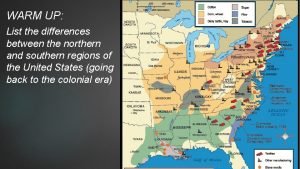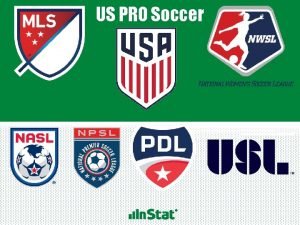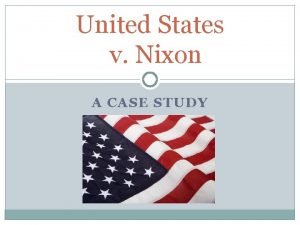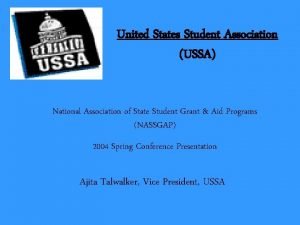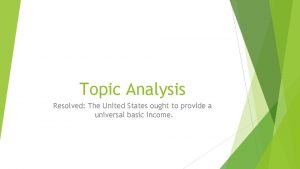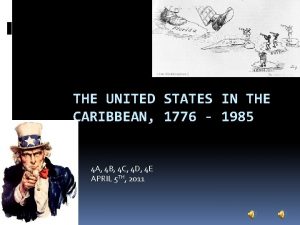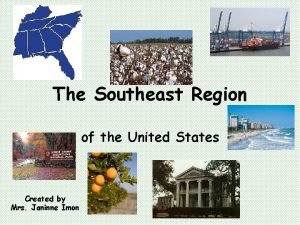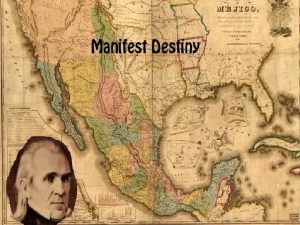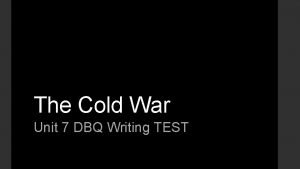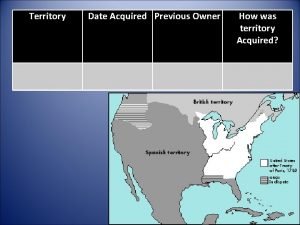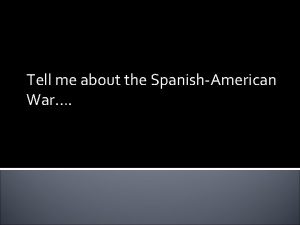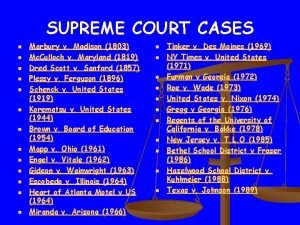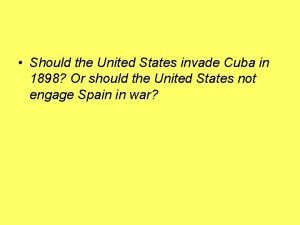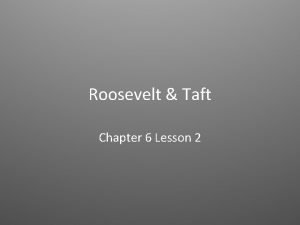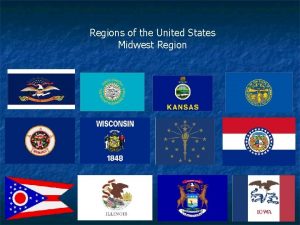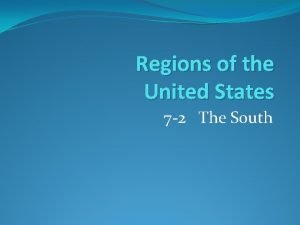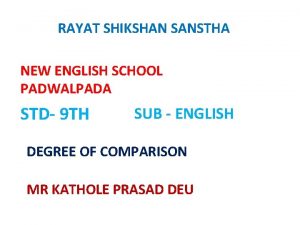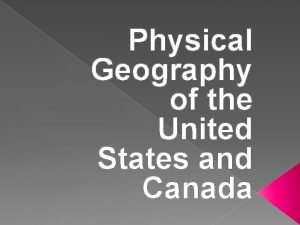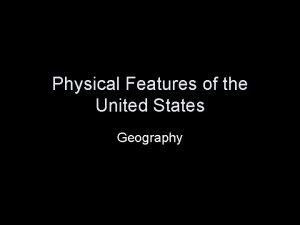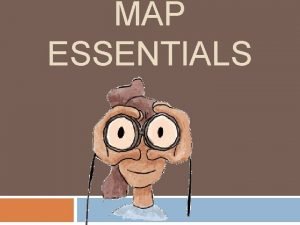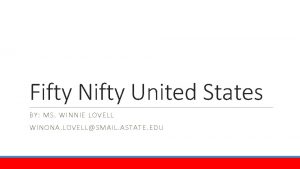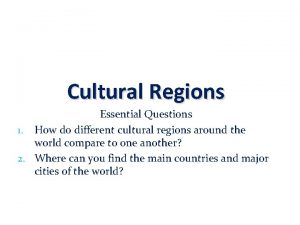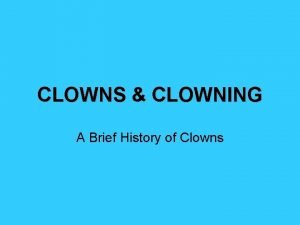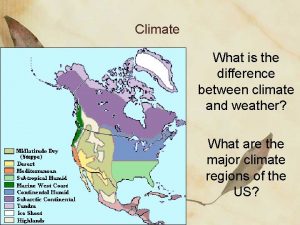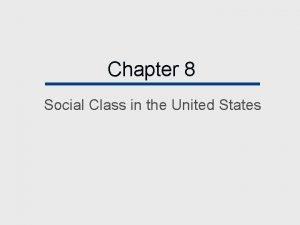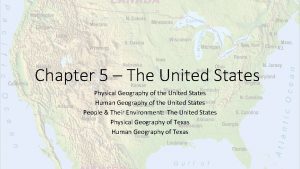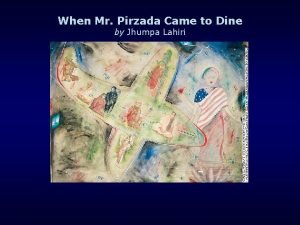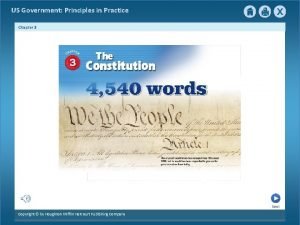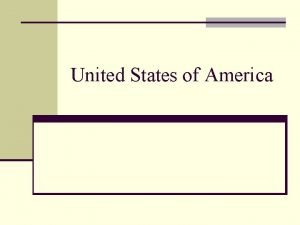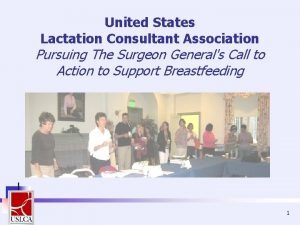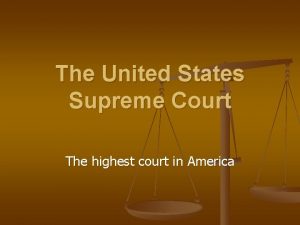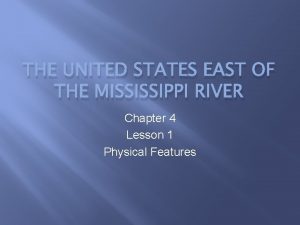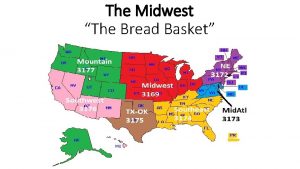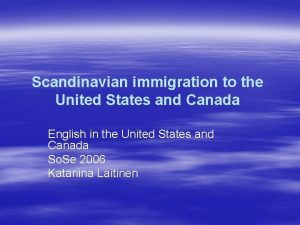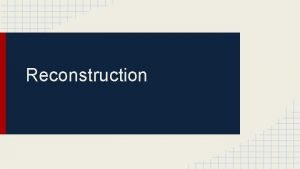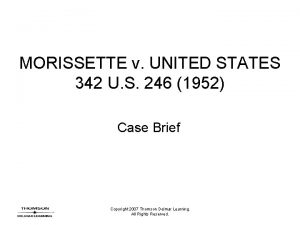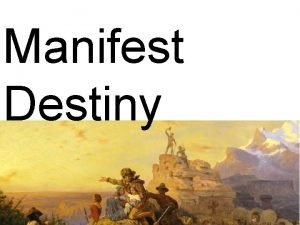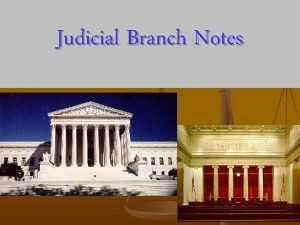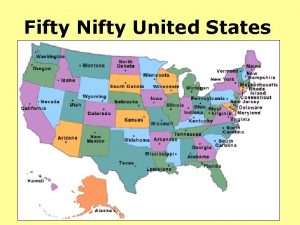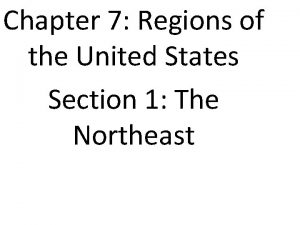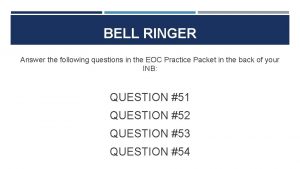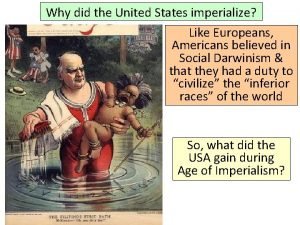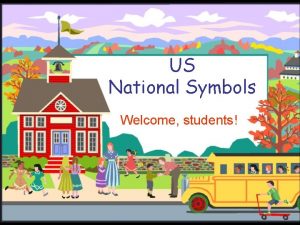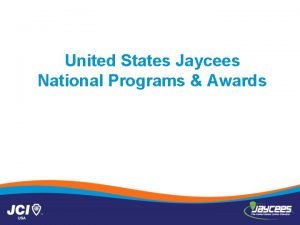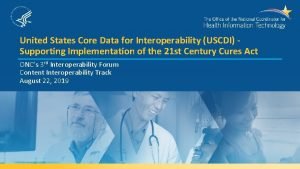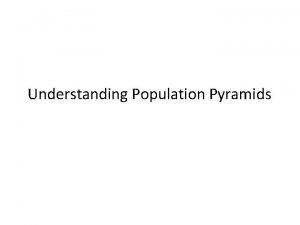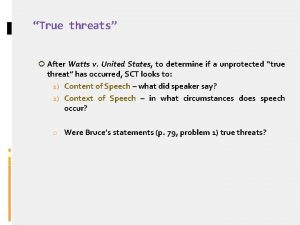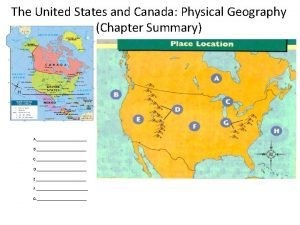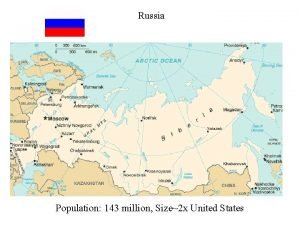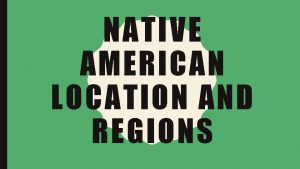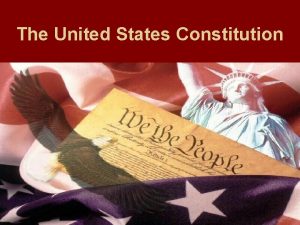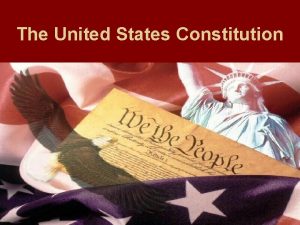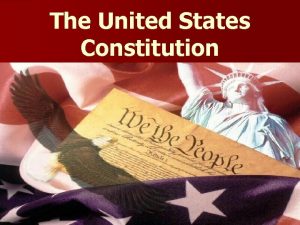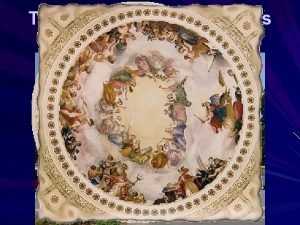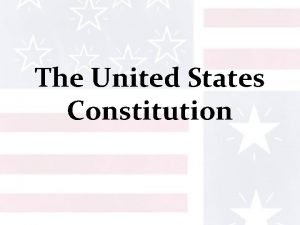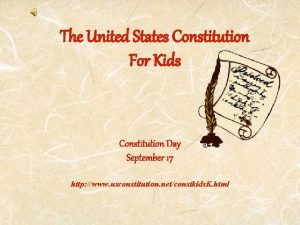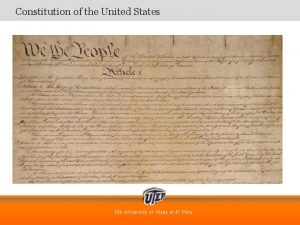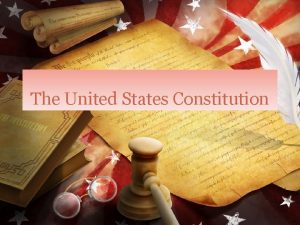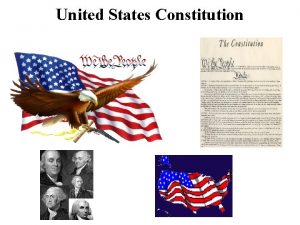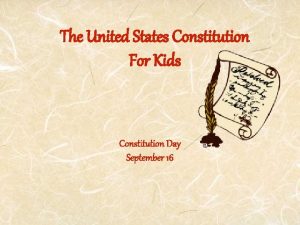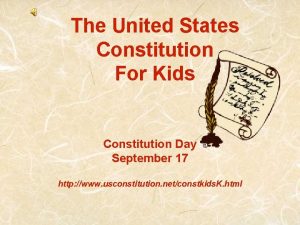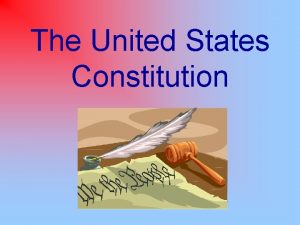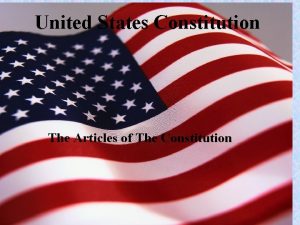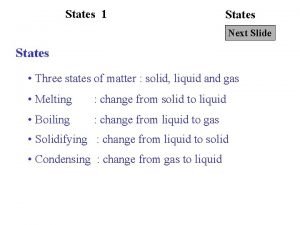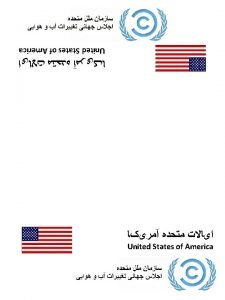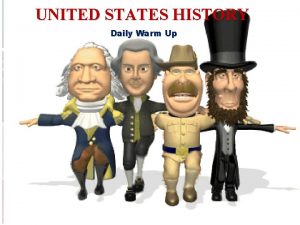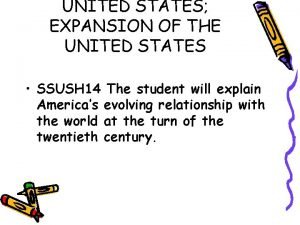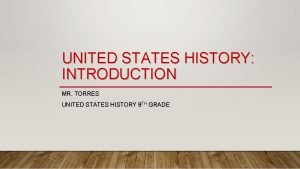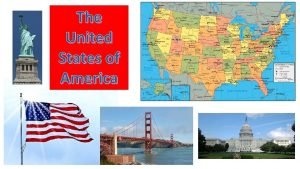Chapter 3 The Constitution of the United States






























































- Slides: 62

Chapter 3: The Constitution of the United States of America

Why Does the Constitution Matter? The Constitution matters for these reasons: n It is the law of the land n Stable government for 220+ years with only minor changes required

There are (3) parts to the Constitution 1. The Preamble – lays out the purpose and introduces the Constitution 2. The 7 Articles – the substance of governmental law 3. 27 Amendments Uncle Sam needs you to study harder!

The Preamble--An introductory statement which sets forth the general purposes of the American government: “We the People of the United States, in Order to form a more perfect Union, establish Justice, insure domestic Tranquility, provide for the common defence, promote the general Welfare, and secure the Blessings of Liberty to ourselves and our Posterity, do ordain and establish this Constitution for the United States of America. ”

We the people of the United States, y t r a gn l i u e p r o P ove S We the citizens of America

In Order to form a more perfect Union, Want to join together perfectly Examples: Interstate road network U. S. Coins, paper money.

establish justice, Create fairness for everyone Examples: Court system, trial by jury

insure domestic tranquility guarantee peace at home Examples: National Guard, Federal Marshals, FBI

provide for the common defense Make sure we are safe from attack, here or overseas Examples: Army, Navy, Air Force, Marines

promote the general welfare, and Support the health of all Americans Examples: Safety in workplace, aid to the poor, Food and Drug Administration (testing new meds. )

secure the blessings of liberty to ourselves and our posterity, and protect the blessings of freedom to ourselves and those who follow us Examples: Uphold the Bill of Rights for all

do ordain and establish this Constitution for the United States of America. Do set forth and create this Constitution for the United States of America.

The Seven Articles I. The Legislative Branch II. The Executive Branch III. The Judicial Branch IV. Relations Among States V. The Amendment Process VI. National Debts, National Supremacy, Oaths of Office VII. Requirements for Ratification

The 8 Basic Principles of the Constitution

Popular Sovereignty 1. ___________ n n People The _______ hold the ultimate authority The People have the POWER We elect leaders to do the will of the people The first 3 words of the Preamble to the Constitution are: We The _____ People ______

Limited Government 2. ____________ n n Framers wanted to guard against tyranny Government is limited to the power it is given by the Constitution. (The national gov. CAN ONLY do what the Constitution says it can do. ) Aka as the RULE OF LAW For Example: The Constitution tells how leaders who overstep their power can be removed. Richard Nixon: involved in the Watergate scandal

Separation of Powers 3. ___________ No one holds “too much” power 3 branches of government Each branch has specific role

Checks and Balances 4. __________ Prevents the abuse of power in government by one branch Each branch has the power to check or override another branch Each branch is not totally independent of the others

An example of checks and balances Legislative Branch Executive Branch Judicial Branch Makes a law. Sign or veto the law Can declare law unconstitutional

Judicial Review 5. ________ n Courts may determine whether or not what the President or Congress does is Constitutional

5. Judicial Review n If the court declares an act unconstitutional, the act is not a law

Federalism 6. _______ The division of power between the National Government and the states. (10 th amendment) The states and the national government are like partners in governing. The National Government has the “supreme power”- (Supremacy Clause) The national government is given certain powers by the Constitution…whatever is left is power for the states to use

7. _Flexibility _______ 1. We can add or change the Constitution when it is necessary. -It is said the Constitution is a living document because it can be changed. -There are 27 amendments or changes currently in the Constitution. -If something needs to be changed than there is a process to change our government. 2. Also, there is clause in the Constitution called the Elastic Clause _______ (Article I Section 8 Number 18) this says that Congress has the authority to do what is necessary and _______ proper to carry out its specific powers. _____

Elastic Clause Example -In the Constitution, its says that Congress has the power to create an army and a navy. -It says nothing about the creation of an air force. Why do you think this is? Congress has created an Air Force using the elastic clause of the Constitution because it is necessary and proper for our defense.

Individual Rights 8. __________ The Bill of Rights specifically is written to protect the individual rights of the U. S. citizen against the government.

Which Principle? 1. In the Constitution, the first words are, “We the People…” Which Principle does this apply to? Answer: Popular Sovereignty

Which Principle? 2. The United States Senate approves all treaties made by the President with other countries? Answer: Checks and Balances

Which Principle? 3. Americans have the right to practice whatever religion they wish? A: Individual Rights

Which Principle? 4. The government cannot make up laws as it goes along. A: Limited Government

Which Principle? 5. The United States, after the Civil War, passed the 13 th amendment to ban slavery. Originally, when the United States wrote the Constitution, slavery was permitted. Now under the 13 th amendment it is officially banned. A: Flexibility

Which Principle? 6. The national government issues a national currency. Meanwhile states use this money to collect state taxes A: Federalism

Which Principle? 7. The United States took Montesquieu’s advice and has 3 branches of government. A: Separation of Powers

Which Principle? 8. The President of the United States decides that “certain” U. S. states will not be allowed to vote in the next Presidential election. The Supreme Court decides that this action is unconstitutional. A: Judicial Review

The Amendment Process (2 Steps)

1. Proposition 2 Ways to Propose an Amendment 1. 2/3 vote in both houses of Congress - All 27 Amendments were proposed this way 2. Constitutional Convention requested by 2/3 of the states -Has not ever been used

2. Ratification- 2 ways to ratify 1. 3/4 of state legislatures approve it -26 of the 27 Amendments were ratified this way 2. 3/4 of conventions called by the states approve it -Only the 21 st Amendment was ratified this way


The First Ten Amendments… “Why Not a Bill of Rights? Is It Because It Will Consume Too Much Paper? ” Patrick Henry

The Bill of Rights was approved in 10 1791 and is made up of the first __ Constitution amendments to the ______.

Amendment #1 5 rights mentioned Religion Freedom of _______ Assembly Freedom of _______ Press Freedom of _______ Petition Right to _____ Speech Freedom of _______

Freedom of Religion clauses There are two parts or ____. establishment clause and the free ____ exercise _______ clause. “Congress shall make no law respecting an establishment of religion or prohibiting the free exercise there of”

Establishment clause. Government Cannot Teach about religions in school Allow voluntary prayer in many examples Transport students to a religious school Read Bible for culture or literacy content Set a state religion Government cannot order a prayer Teach religious doctrine in the school Pay seminary teachers Teach creationism

Free Exercise—The person Cannot Choose whatever religion Lead a prayer in most examples Ask questions about religions Worship whoever you want Break the law and claim it is religious belief Raise children without education Deprive children of basic needs

Establishment and Free Exercise clause often conflict with each other In schools, the religion issue is most prevalent If a student raises his hand says “teacher, can we say an opening prayer before this test” If the teacher says: “Yes”, It looks like establishment of religion “No”, Is it then denying a student free exercise?

Freedom of speech

Free speech– The Person can Say any political belief Protest (without getting out of control) Say things about someone that are true Burn the flag Say racist and hate slogans Free speech means someone might say something you disagree with

Free speech—the Person cannot Threaten to blow up airplanes, schools or the president Sexual harassment Create too much social chaos Extremely crude language in a public form Disrespectful, vulgar language in schools Hate crimes

Freedom of the Press

Freedom of the Press Cannot Print any political position Make fun of people, especially politicians Expose wrongs by the government Say things you might not agree with Libel– intentionally injuring a person’s reputation by false facts Disclose defensesecurity secrets Detail how to make a certain weapons

Freedom of Assembly

Freedom of Assembly Cannot Protest Parade (with a permit) Parade chanting hate slogans Gang members can congregate in public Protest by throwing rocks and breaking windows Hang out on private land against owners will—loitering Ignore teen curfew

Petition the Government

Petition the Government You may sue the government for wrongs You cannot be punished for exposing wrongs by the government The courts decide the wrongs

The 2 nd Amendment The Right to Bear Arms

nd 2 Amendment—Right to bear arms “A well-regulated militia, being necessary to the security of a free state, the right of the people to bear arms shall not be infringed. ”

2 nd Amendment the right to keep and bear arms ___________________ Its purpose was to prevent Congress from denying states the right to have a militia of armed citizens. States and federal government can regulate the possession and use of firearms by individuals.

3 rd Amendment The Government cannot force you to soldiers shelter ____ in your home without your consent in time of war or peace.

The 4 th Amendment 4: Limits the conditions under search for and which police may ______ seize ____evidence and people [Privacy Amendment] 1. No “Fishing Expeditions” by public officials [a search reasonable and based on must be ______ probable cause __________ warrant will 2. In most cases, a search or arrest _____ be necessary. The warrant must describe the specific place to be searched and the persons or things to be seized. 3. A police officer may chase a suspect into his house & not secure a warrant (this would be probable cause). 4. The Supreme Court has ruled that evidence gained as a result of an unlawful search or seizure Exclusionary rule cannot be used at the trial. [__________ has to be excluded]

5 th Amendment Rights of Accused Persons [5 -8 have to do with “rights of the accused”] 1. A person can be tried for a serious crime only if he has been accused of that crime by agrand _______jury 2. No one may be tried twice for the same offense. Double _____ Jeopardy clause] – no one may be put in [_____ jeopardy twice for the same offense] 3. No one may be forced to testify against himself. You don’t have to answer questions by the police or the courts. [_________] Plead the 5 th life _______, liberty or 4. No one can be deprived of ______, property without due process of law ______ [fair and equal treatment under the law]. 5. The government may take private property for a legitimate public purpose; but when it exercises that power of EMINENT DOMAIN [taking property for public use], it must pay a fair price.

6 th Amendment speedy and public 1. Right to a _____________ trial Impartial jury. The Jury must be fair 2. ______ and You can have the case transferred if it has received too much publicity. (change of venue) crime 3. Right to be told what ____ you are accused of. witnesses 4. Right to hear and question all ______ against you. 5. The right to compel [require their witnesses to appear at testimony] ______ a trial lawyer 6. Right to a ______

7 th Amendment Right to a jury trial In Civil Cases (not a criminal matter) – but sues another. Applies to all disputes over where one person ______ $20. 00 ____ 8 th Amendment cruel and ______ unusual No excessive bail or fines, or _______ punishment”, like torture and beheading. Tar and Feathering The “Rack”

9 th Amendment The Rights of the People of the United States not just limited are _______ to those listed in the Constitution. 10 th Amendment reserved (_____ Powers Amendment) It gives the states any power not given to the U. S. government under the Constitution.
 Us constitution preamble
Us constitution preamble The preamble
The preamble Texas constitution vs u.s. constitution venn diagram
Texas constitution vs u.s. constitution venn diagram Nc constitution vs us constitution
Nc constitution vs us constitution Constitution what is constitution
Constitution what is constitution The constitution lesson 1 principles of the constitution
The constitution lesson 1 principles of the constitution Chapter 2 free enterprise in the united states
Chapter 2 free enterprise in the united states Chapter 6 human geography of the united states
Chapter 6 human geography of the united states Chapter 5 lesson 1 physical geography of the united states
Chapter 5 lesson 1 physical geography of the united states Was the united states on the axis powers or allied powers?
Was the united states on the axis powers or allied powers? Mediterranean climate in us
Mediterranean climate in us 36 30 line
36 30 line United states soccer league system
United states soccer league system United states v nixon outcome
United states v nixon outcome United states student association
United states student association The united states ought to provide a universal basic income
The united states ought to provide a universal basic income The united states in the caribbean 1776-1985
The united states in the caribbean 1776-1985 Products of the southeast
Products of the southeast Expansion of the united states of america 1607 to 1853 map
Expansion of the united states of america 1607 to 1853 map How did nicholas novikov describe the united states
How did nicholas novikov describe the united states British cession date acquired
British cession date acquired Awake united states
Awake united states Heart of atlanta motel v. united states
Heart of atlanta motel v. united states Why did the united states invade cuba in 1898?
Why did the united states invade cuba in 1898? Northern securities vs united states
Northern securities vs united states Nnn
Nnn 7 regions of the united states
7 regions of the united states The united states is the greatest buyer positive degree
The united states is the greatest buyer positive degree United states and canada physical map
United states and canada physical map Physical feature map of the united states
Physical feature map of the united states United states map with longitude and latitude lines
United states map with longitude and latitude lines Fifty united states
Fifty united states North central america
North central america What is the origin of clowns
What is the origin of clowns Subtropical united states
Subtropical united states What are the social classes in the united states
What are the social classes in the united states Physical geography of the united states
Physical geography of the united states Ibn-tamas v. united states
Ibn-tamas v. united states When mr pirzada came to dine answer key
When mr pirzada came to dine answer key United states government: principles in practice answers
United states government: principles in practice answers Geographical position of the usa
Geographical position of the usa United states lactation consultant association
United states lactation consultant association Plessy v ferguson summary
Plessy v ferguson summary Mississippi physical features
Mississippi physical features Bread basket states
Bread basket states Immigration to the united states
Immigration to the united states United states v. cruikshank apush
United states v. cruikshank apush Morissette v united states
Morissette v united states What did manifest destiny do
What did manifest destiny do Schenck vs united states ruling
Schenck vs united states ruling North south east west in our calm objective opinion
North south east west in our calm objective opinion What are the 7 regions of the united states?
What are the 7 regions of the united states? Bell ringer response sheet
Bell ringer response sheet Why did the united states imperialize
Why did the united states imperialize National symbols of the united states
National symbols of the united states United states jaycees
United states jaycees United states core data for interoperability
United states core data for interoperability Dubai population pyramid
Dubai population pyramid Watts vs united states
Watts vs united states Slidetodoc.com
Slidetodoc.com United states
United states Native american tribes in the united states
Native american tribes in the united states Salad bowl culture
Salad bowl culture
